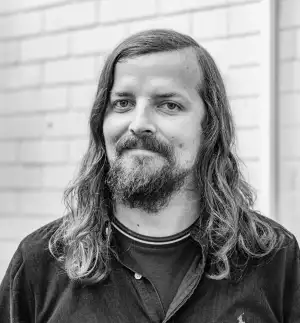The basic idea
Most of the products and services we use today depend on materials taken from the Earth. Once used - sometimes after a very short time - they either end up going to waste or cause pollution. Being circular means reducing demand and keeping products going for longer. The circular economy is not new - in fact many circular activities are just common sense. It means being smarter about what we need, and making the most of what we have through reuse, repair, sharing or recycling.
Circular Living
These are the everyday choices that keep the things you use going longer; choosing a reusable water bottle, buying pre-loved items and clothes, meal planning to reduce food waste or borrowing tools instead of buying them. Small shifts in how you shop, eat and travel that collectively create a massive impact.
Circular Skills
This is the practical know-how that keeps our things going for longer. Basic repair skills, proper clothing care, preserving food, maintaining appliances or knowing when something is worth fixing versus replacing. Not only do you get the DIY satisfaction but you are also rescuing cherished items and saving money.
Circular Communities
These are the local networks up and down the country that make circular living easier and more accessible: repair cafes, tool libraries, clothing swaps, community gardens and skill-sharing groups. When communities organise around circularity, individual efforts multiply and become transformational movements.
Circular Economy
This is when countries embrace circularity at a national and global level. It involves creating policies, laws and infrastructure that makes it easier for people and businesses to shift; right-to-repair legislation, deposit return schemes, circular design standards and business models based on reuse rather than disposal. Ireland currently has an ambitious target of 20kg of reuse, per person, per year, by 2030. The EPA reports that the average annual reuse rate per person in Ireland was a little more than half that in 2021.

We're growing this list every month. Spot something we've missed or want to share what you're doing? Drop Gordon a line here – we'd love to feature it.